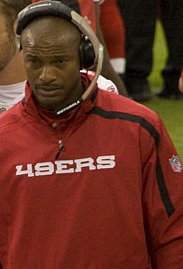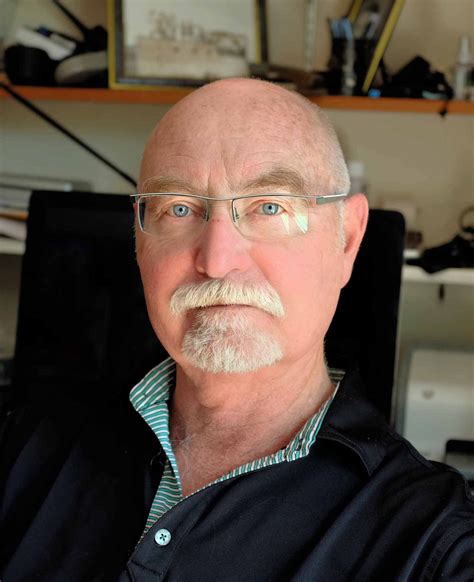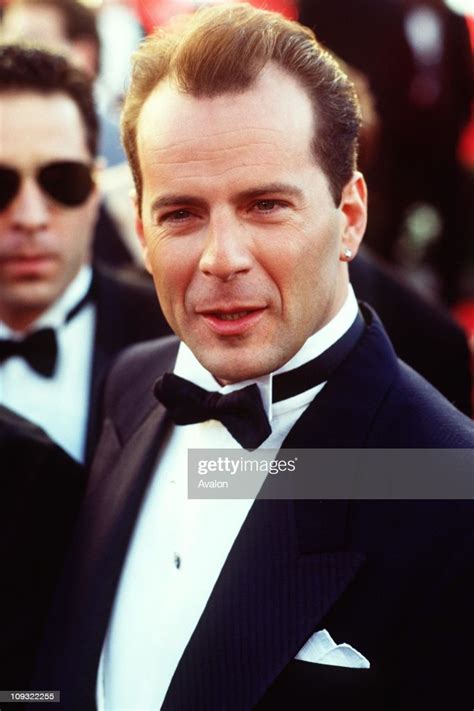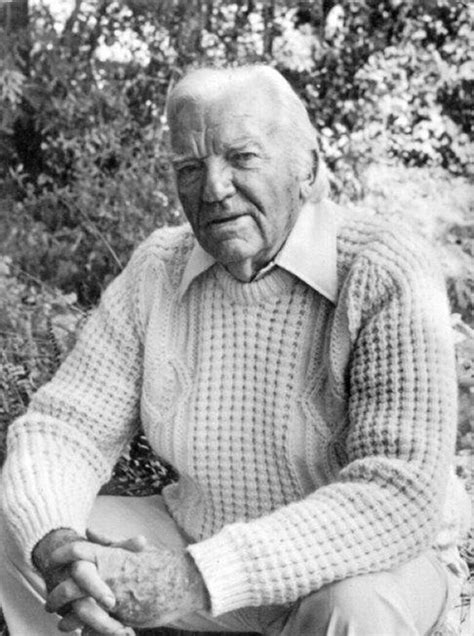A Quote by Jan Brett
A children's book is the perfect place where young readers can understand the world because they can take a deep breath and look at it and imagine and contemplate while they're looking at.
Related Quotes
A lot of times it's the child that sees something and not the grownup. I love that because, when readers get older, they start looking for the most important ideas in the story. They don't look at things in the same way anymore. Children haven't really learned to do that yet. They take all their great, intellectual skills, look at the full page, and appreciate all of the different things.
If everything is made so obvious that it asks nothing of the readers, then after a while, their ability to respond is atrophied. And they grow up as young people unable to take anything from a printed page, or they become bored because they haven't discovered the nuances, the differences of opinion, the differences of approach between one author and another. Children can be trusted to skip what they don't like in a book. That's perfectly all right. But to have it all reduced to the supposedly twelve-year-old mind of the adult public is what I object to.
A reader is entitled to believe what he or she believes is consonant with the facts of the book. It is not unusual that readers take away something that is spiritually at variance from what I myself experienced. That's not to say readers make up the book they want. We all have to agree on the facts. But readers bring their histories and all sets of longings. A book will pluck the strings of those longings differently among different readers.
Amory Lovins says the primary design criteria he uses is the question How do we love all the children? Not just our children, not just the ones who look like us or who have resources, not just the human children but the young of birds and salmon and redwood trees. When we love all the children, when that love is truly sacred to us in the sense of being most important, then we have to take action in the world to enact that love. We are called to make the earth a place where all the children can thrive.
Language designers want to design the perfect language. They want to be able to say, 'My language is perfect. It can do everything.' But it's just plain impossible to design a perfect language, because there are two ways to look at a language. One way is by looking at what can be done with that language. The other is by looking at how we feel using that language-how we feel while programming.
What's your favorite book?' is a question that is usually only asked by children and banking identity-verification services--and favorite isn't, anyway, the right word to describe the relationship a reader has with a particularly cherished book. Most serious readers can point to one book that has a place in their life like the one that 'Middlemarch' has in mine.
A book is something that young readers can experience on their own time. They decide when to turn the page. They'll put their arm right on the page so you can't turn it because they're not ready to go to the next page yet. They just want to look at it again, or they want to read the book over and over because they really enjoy setting the pace themselves.
Being a bigger person, whether you're male or female, in entertainment, it can hurt your chances. Because people look to you to be a so-called superstar. Perfect body, perfect figure, good looking, and smart. And larger people, we have to fit in anywhere we can and the best way we can, so to speak. The way the world looks at you at being perfect, and nobody's perfect.
The annual award of $5,000 goes to an author for a meritorious book published in the previous year for children or young adults. Scott O'Dell established this award to encourage other writers--particularly new authors--to focus on historical fiction. He hoped in this way to increase the interest of young readers in the historical background that has helped to shape their country and their world.






































